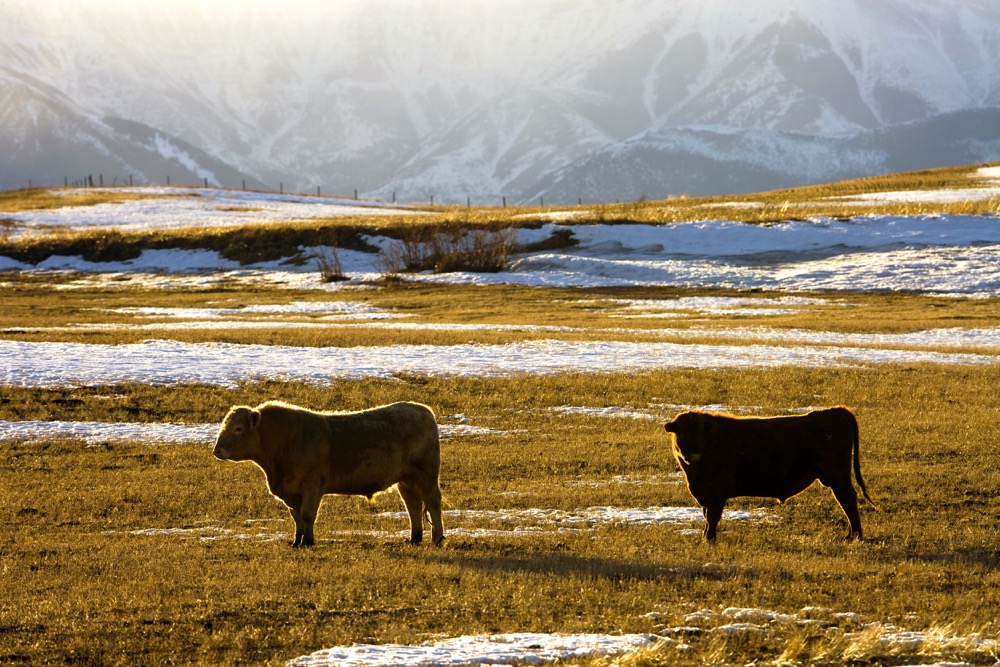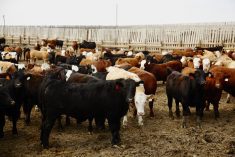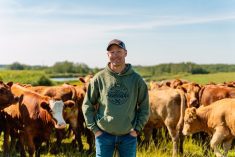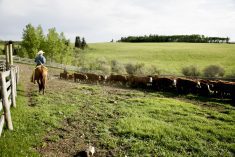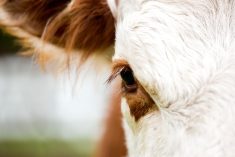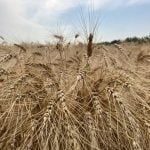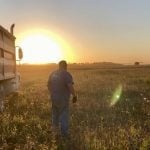With the end of 2023 in sight, it’s a good time to look back on the challenges, opportunities and accomplishments of the past year. The perseverance of Canadian cattle producers continued to be put to the test with another year of adverse weather conditions — from continued drought conditions in the West to excess rain in the East to wildfires in many provinces. It’s easy to focus on the challenges, but there were many positive outcomes and momentum gained this year that deserve mentioning.
The uncertainty created by adverse weather was top of mind this year. The Canadian Cattle Association (CCA) monitored the situation closely along with our provincial member associations to better understand the impacts on cattle producers and the support needed.
The rollout of the AgriRecovery program targeting cattle producers in B.C., Alberta and Saskatchewan, by both federal and provincial governments, was long overdue, but welcome news. It will provide much-needed support for winter feeding costs, transportation costs related to moving livestock to feed and water and re-establishing forage crops damaged by wildfires. CCA, working in stride with our provincial associations, pushed hard for the timely completion of the AgriRecovery assessments and rollout of support.
Read Also
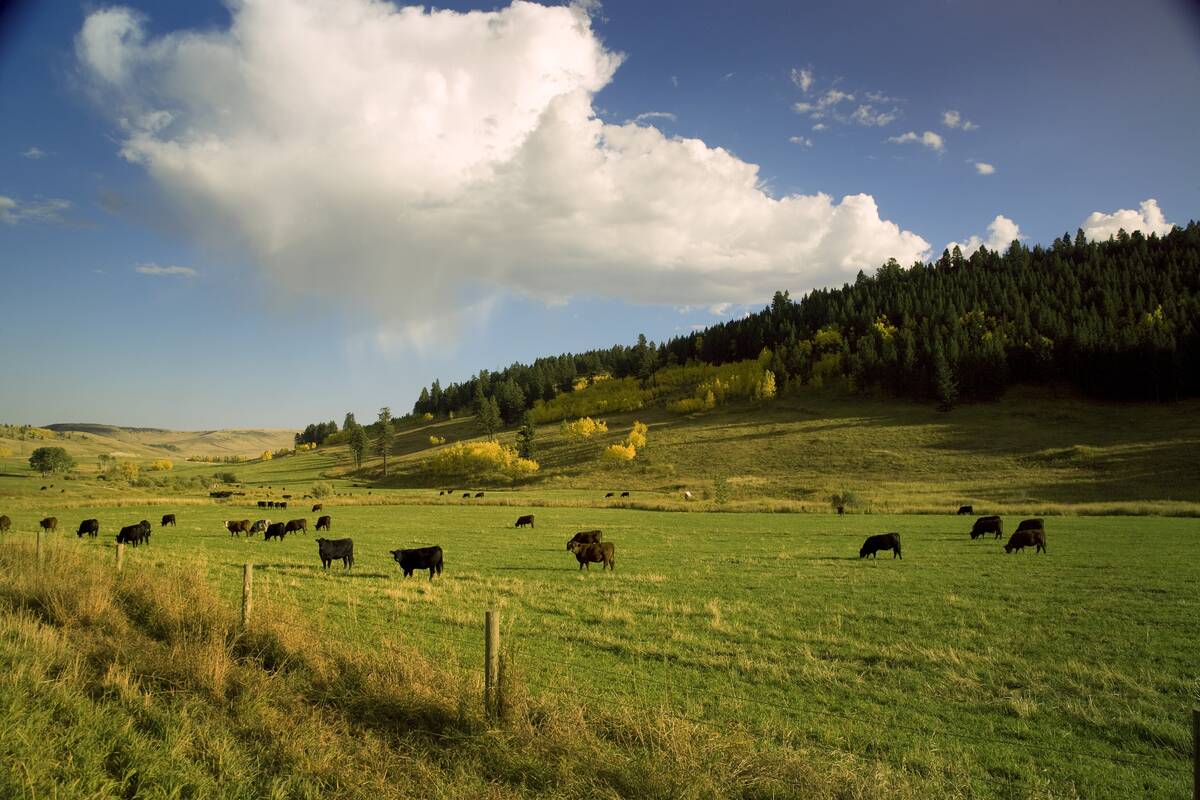
The Canadian Cattle Association’s international advocacy efforts
Global ag policies affect Canadian food policy, so the Canadian Cattle Association participates in international and domestic forums
Advocacy work is ongoing to strengthen business risk management programming including expanding livestock price insurance to the Maritimes and improving forage insurance offerings across Canada. CCA chairs an industry government forage insurance task team, where work with governments over the years has improved forage insurance. These programs are timelier and more dependable than AgriRecovery.
Adverse weather has demonstrated the need for more effective tools for producers managing weather-related risks. A key recommendation in our 2024 pre-budget submission is amending the livestock tax deferral provision under the Income Tax Act to give producers the ability to self-elect rather than rely on a geographic determination, as well as expanding it to include all classes of cattle.
The trade file kept us busy with issues that can threaten our ability to export Canadian beef. With exports bringing significant added value to cattle producers, we needed to up our engagement with parliamentarians on key issues including Bill C-282: An Act to Amend the Department of Foreign Affairs, Trade and Development Act (supply management), trade with the U.K., and “Product of the USA” label rules.
Earlier this year, Bill C-282 gained momentum and received all-party support. This bill, which takes supply-managed sectors off the table during trade negotiations, could severely damage our trade relationships and highly constrain Canada’s ability to launch, negotiate and renegotiate the best deals. The bill is now in the Senate, and our advocacy efforts have ramped up, urging senators to vote against this bill.
We dedicated significant time to defending Canadian beef producers’ interests in trade negotiations, particularly when it comes to the U.K. accession to the Comprehensive and Progressive Agreement for Trans-Pacific Partnership (CPTPP).
It is important to address and resolve the staggering trade imbalance between Canada and the U.K. during bilateral negotiations, which result from non-tariff trade barriers. Last year, we didn’t export any beef to the U.K. while Canada imported $C33 million in beef from the U.K. Through the “Say No to a Bad Deal” campaign, we are urging the Government of Canada to push for the U.K. to remove its trade barriers before ratifying the CPTPP accession.
We are monitoring the progress of the proposed amendment to the voluntary “Product of the USA” label. We worked closely with the Government of Canada and industry stakeholders to ensure our consultation submissions were complementary.
Our concern remains that the proposed rule states that any beef product labelled as “Product of the USA” must be derived from cattle that are born, raised, slaughtered and processed in theU.S. If adopted, exports of Canadian beef and live cattle into the U.S. could be significantly affected and the integrated nature of our North American supply chain threatened.
It has not been all negative news on trade. This year saw Japan and Taiwan lift remaining BSE-era restrictions following Canada’s attainment of BSE-negligible risk status by the World Organization for Animal Health in 2021. These decisions may signal other countries in the Indo-Pacific region to follow suit.
On the animal health and care front, we were pleased to see Federal Budget Day 2023 bring good news for our industry with an investment of $57.5 million over five years to establish a foot-and-mouth disease vaccine bank and develop emergency response plans. We advocated for this tirelessly over the last few years and it was an urgent advocacy priority in 2022.
The establishment of this vaccine bank is critical with the foot-and-mouth threat remaining high. It provides our industry with an important tool to regain export markets if foot-and-mouth finds its way here. We are actively working with the Canadian Food Inspection Agency on this important piece of the wide-ranging animal health file.
We are building momentum in sharing the environmental benefits of cattle production in Canada — whether it’s CCA or our young leaders carrying this important message to policymakers here at home or on the international stage. We have a lot to be proud of when it comes to being stewards of our land and caring for our animals. It is critical that we participate in discussions about climate change and livestock systems to showcase our leadership in sustainable beef production and celebrate the innovative practices undertaken by Canadian cattle producers through the Environmental Stewardship Award (TESA). Voices pushing to take beef off the table and cattle off the land are very loud and active at these international meetings. Protectionist countries also have a big presence. If we are not there, vocal and determined, there will be negative impacts felt on our own operations.
On behalf of CCA’s board and staff, Merry Christmas and Happy New Year!

